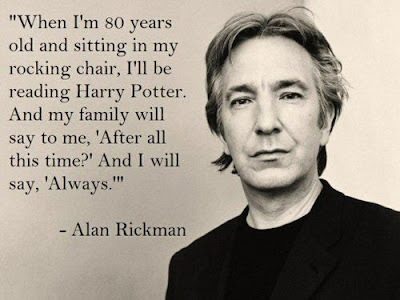 |
| image courtesy of Goodreads.com |
Yellow Crocus was a novel that I honestly could not put down. There is just so much that happens in the novel and so much that makes you think about the ways of the South during the 1800s. I was drawn into the setting and absolutely fell in love with the gentle, yet strong and brave character of Mattie. I literally finished this novel in one day; it just drew me in and kept me enthralled from start to finish. I could not put it down. The story just flowed seamlessly and you were left with a sense of satisfaction.
I was amazed that the novel was written by a first-time author. Ibrahim's writing skills are truly fantastic. Every detail in the novel, from what Lisbeth wore for her dances to how Mattie speaks, just seems to real. I felt like I was there, watching the story unfold in person. The details, writing, and beautiful storytelling make it difficult to give Yellow Crocus anything other than a 10 out of 10. I just hope that Ibrahim decides to publish another novel (and soon!) because her writing is lovely.




